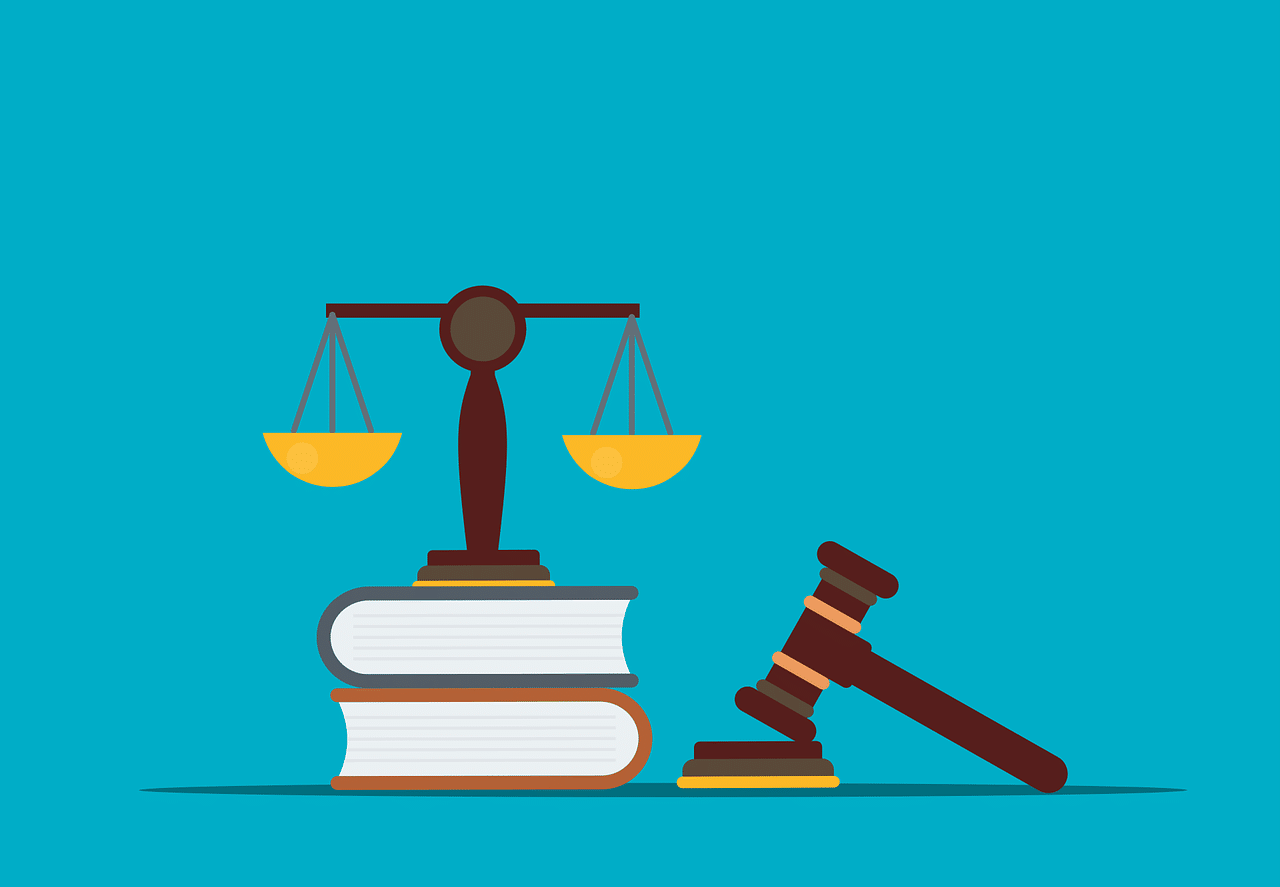
The concept of aggravating circumstances is used in law.
Aggravating is a notion that can be used as an adjective or noun . In the first case, the term refers to that which aggravates : that which makes something more serious or heavier . As a noun, an aggravating circumstance is a factor that increases severity.
In order to know precisely the meaning of the term that concerns us now, we are going to discover its etymological origin. Thus, we can determine that it is a word that derives from the Latin aggravantis , which can be translated as "that makes more serious." It is a word that is the result of the sum of several components:
- The prefix ad- , which would be equivalent to "towards" .
- The verbgravare , which is synonymous with "impose a weight."
- The suffix -nte , used to indicate the agent of the action.
Aggravating circumstance in law
In the field of law , the circumstance that increases the criminal responsibility of a subject is called an aggravating circumstance. These are reasons that are linked to the fact itself and give more seriousness to the crime.
These aggravating factors have nothing to do with the existence of the fact. In other words: without the aggravating circumstance, the crime would exist anyway. What the aggravating circumstance entails is greater responsibility from a criminal point of view for the individual who committed the crime .
There are objective aggravating factors (linked to the means used and the specific execution of the criminal action) and personal aggravating factors (associated with the offender's relationship with the victim or the moral condition). At the time of trial , the aggravating circumstance will mean a greater penalty for the convicted person.

An aggravating circumstance increases an individual's criminal responsibility.
Reasons considered
Teaching , treachery , abuse of trust and recidivism are reasons that, according to each legislation, can be considered as aggravating factors. Take the case of a man who murders his wife with punches, kicks and twenty-five stab wounds. This murder has as aggravating factors the bond that the murderer had with the victim (they were married) and the treachery (he acted treacherously with his wife and ensuring the result of his act, without the victim having the possibility of defending herself).
In the same way, we cannot overlook that there are other situations or facts that can also be considered aggravating circumstances regarding a crime:
- Having carried out the act by abusing superiority.
- Committing the crime for racist, xenophobic, sexist, homophobic reasons... In the same way, having committed it as a clear example of discrimination towards another person due to their disability, political or religious ideas or illness will also be aggravating.
- Being a repeat offender is also another of the aggravating factors that will be taken into account by the judge when establishing a sentence, specifically when setting a harsher sentence.
- It is also aggravating to have committed the crime itself in exchange for a promise, reward or a certain price.
- Also included as an aggravating circumstance is inflicting deliberately increased damage on the victim of the crime to cause more suffering.
